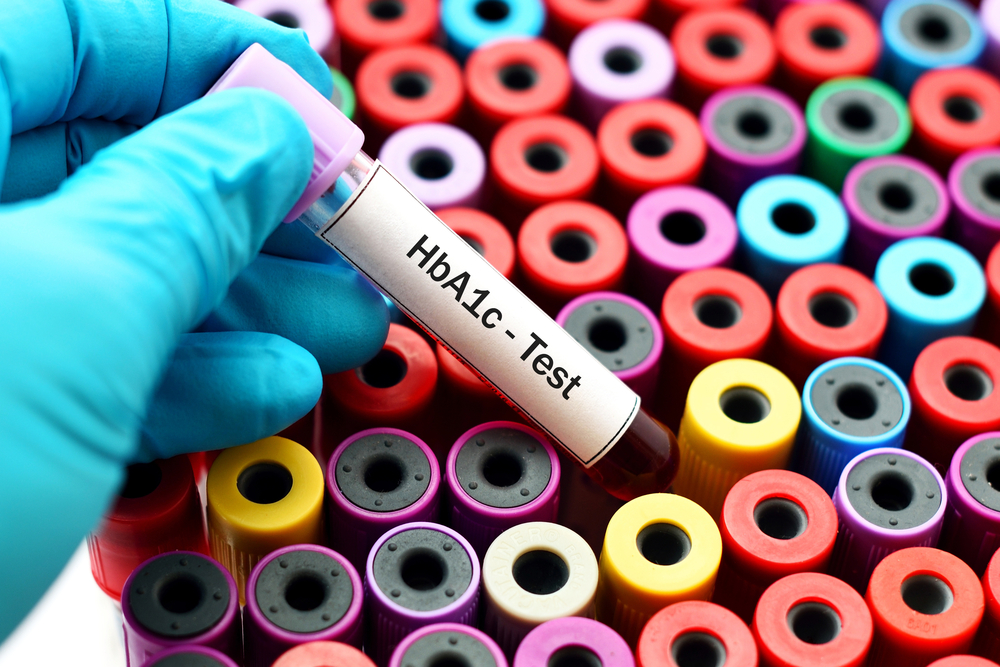Importance of Monitoring Blood Glucose Levels for Diabetics

Diabetes is a condition in which a person requires constant attention and care. For individuals with this chronic illness, understanding and monitoring blood sugar levels is part of their daily routine and a crucial aspect of maintaining health and preventing complications.
What is blood glucose?
Blood glucose, also called blood sugar, is the main sugar found in the blood. It comes from the food consumed and is the body’s main energy source. Diabetes occurs when the body’s ability to process and use blood glucose is impaired. This can lead to increased blood glucose levels in diabetes.
Why monitor blood glucose levels?
Monitoring blood sugar levels is a fundamental aspect of diabetes care. It provides immediate feedback on glucose levels, enabling individuals to manage their condition effectively. Regular monitoring can help adjust diet, exercise, and medications for optimal blood glucose control.
Regularly checking blood glucose levels in diabetes has numerous benefits, such as:
- Preventing Hypoglycemia and Hyperglycemia: Regular monitoring can help identify when blood sugar levels are dangerously low (hypoglycemia) or high (hyperglycemia). Recognising these conditions promptly can prevent emergencies and help maintain a stable glycemic state.
- Diet and Lifestyle Adjustments: By understanding how different foods and activities affect blood sugar, better lifestyle and dietary choices can be made to control diabetes.
- Medication Management: Blood glucose monitoring can guide medication dosing, particularly for insulin. It can help avoid over- or under-dosing, which is crucial for preventing glucose extremes.
- Reducing Risk of Complications: Consistent monitoring can reduce the risk of diabetic complications such as neuropathy (nerve damage), nephropathy (kidney damage), and retinopathy (eye damage). Keeping the blood sugar within a target range significantly reduces the likelihood of these conditions developing or worsening.
- Understanding the Impact of Stress and Illness: Stress and illness can affect blood sugar levels. Monitoring can help individuals understand and manage these effects more effectively.
- Improving Quality of Life: Regular monitoring can improve overall well-being and quality of life. It can reduce anxiety about unknown glucose levels and provide a sense of control over one’s health.
- Aiding in the Adjustment of Treatment Plans: Healthcare providers can use the data from regular monitoring to make evidence-based adjustments to treatment plans, ensuring that each individual’s regimen is tailored to their specific needs.
- Increasing Time in Range: ‘Time in range’ refers to the percentage of time an individual’s blood glucose levels are within the target range. Monitoring can help increase this time, leading to better health outcomes.
How to monitor blood glucose levels?
Blood glucose levels can be monitored with regular blood sugar tests. These tests measure the blood glucose amount and indicate an individual’s health. The frequency of tests varies depending on the type of diabetes and the treatment plan. Some may need to test multiple times daily, while others do so less frequently.
Regular consultations with healthcare professionals are essential for effective blood glucose monitoring. A healthcare provider can help formulate a personalized diabetes management plan, including setting individualized blood glucose targets.
How to manage high blood glucose levels?
Managing high blood glucose levels is a critical aspect of diabetes care. Elevated blood sugar, or hyperglycemia, can lead to health issues if not addressed promptly and effectively.
Here are some strategies:
- Testing and Medication: A frequent blood sugar monitor routine and taking medication prescribed by a healthcare provider.
- Regular Exercise: Regular physical activity can help manage high blood sugar by maintaining a healthy weight and improving insulin sensitivity.
- Stress Management: Stress can affect blood sugar levels in diabetes. Simple techniques like meditation, deep breathing, and yoga can help manage stress and reduce the chances of developing diabetes.
- Adequate Sleep: Poor sleep can disrupt blood sugar levels and insulin sensitivity. Ensure quality sleep each night.
- Dietary Adjustments: Monitor carbohydrate intake, increase dietary fibre and control portion sizes.
Monitoring blood sugar levels is an indispensable part of diabetes management. It empowers individuals to take control of their health and adjust their lifestyle and treatment plan to prevent complications.
FAQs
1. How often should I check my blood glucose levels?
The frequency of checks should be individualised based on the type of diabetes and the treatment plan a healthcare professional suggests.
2. What are the potential complications of poorly controlled blood glucose levels in diabetes?
Poorly controlled blood sugar can lead to serious health issues, including cardiovascular disease, nerve damage, kidney damage, and loss of eyesight.
3. Can monitoring blood glucose levels help with weight management?
Monitoring can provide insights into how different foods affect blood sugar levels, which can help make healthier food choices that support weight management.
Is it necessary to monitor my blood glucose levels if I feel fine?
Yes, because there can be changes in blood glucose levels without noticeable symptoms. Regular monitoring is important even when one feels well to prevent complications.














